
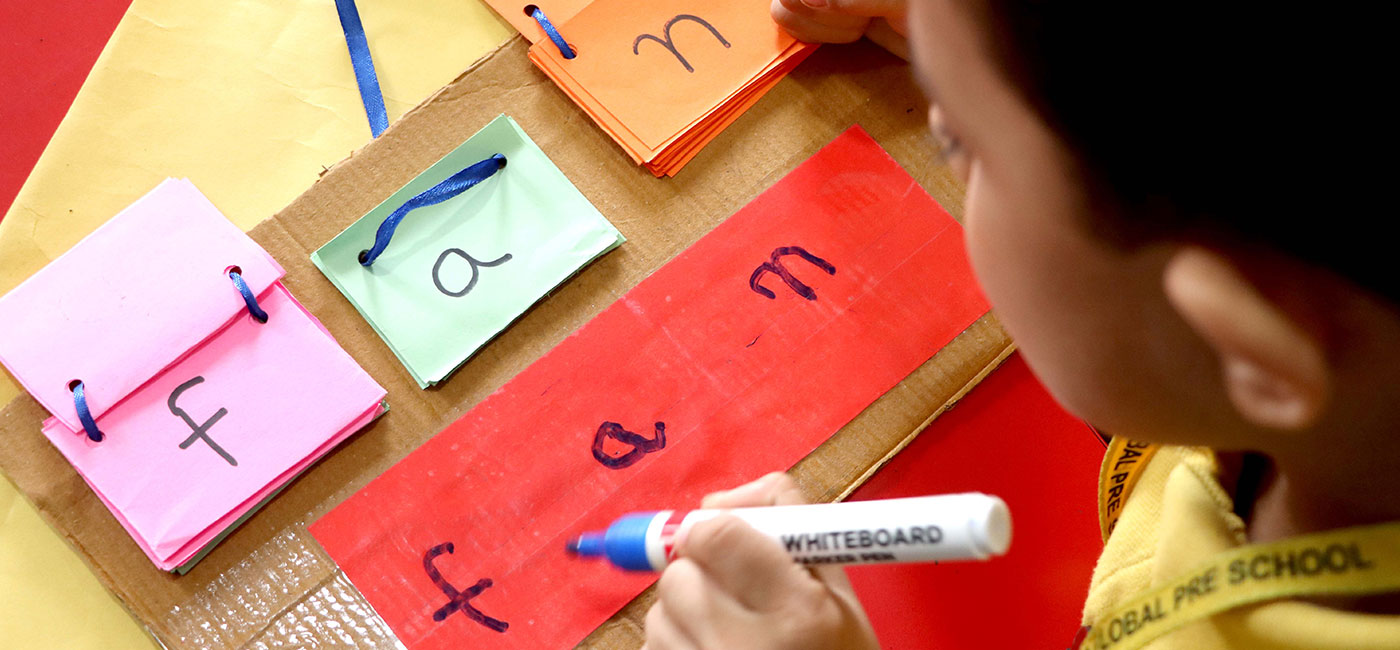
At Ashoka, we follow the Eclectic approach to learning, i.e. an amalgamation of the best practices and pedagogies of Early Childhood & Care. As 21st-century educators, we believe this approach allows us to reach out to every child and nurture the learning process in a manner that is personal and therefore, effective.
The Eclectic approach, as defined by leading Early Learning Years experts, is very relevant and appropriate for preschoolers as it presents an opportunity to develop all the essential life skills ‘by learning in a creative and stimulating environment and gaining the confidence to fulfill their potential as learners’.
Our curriculum, especially designed and planned by experts is an integration of the following:
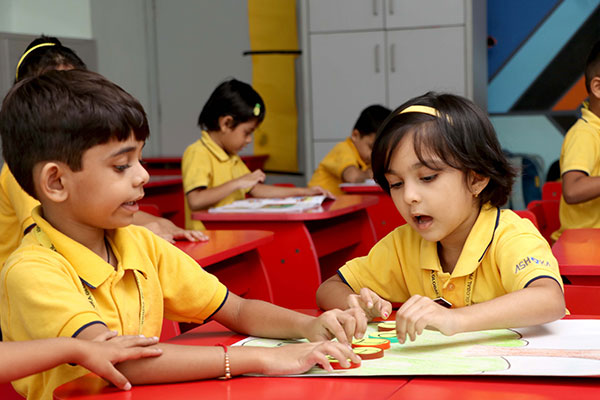
In Waldorf education, the learning process is essentially threefold, engaging head, heart, and hands—or thinking, feeling, and doing. This is the basis on which Waldorf teachers work to nurture and engage each child through a curriculum and methodology that integrates academics, arts, and practical skills. This curriculum emphasizes the child's creativity, imagination, and fantasy for achieving holistic development goals.
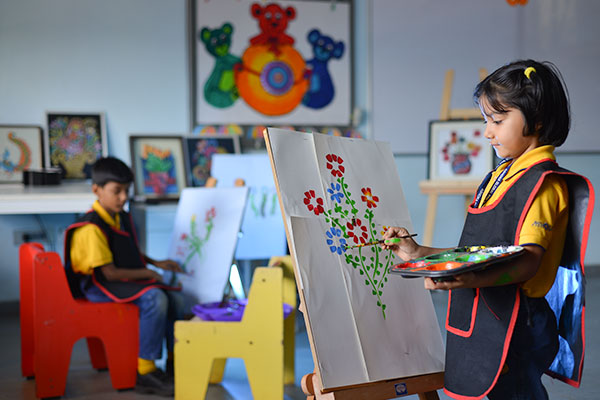
A Montessori classroom emphasizes hands-on learning and developing real-world skills. It emphasizes independence and it views children as naturally eager for knowledge and capable of initiating learning in a sufficiently supportive and well-prepared learning environment.
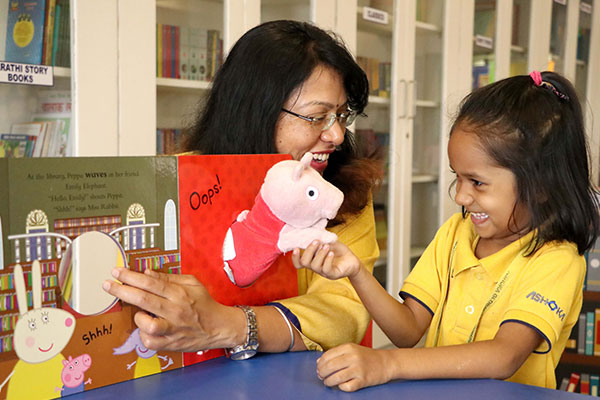
Well-known and time-tested as the most ideal teaching technique by leading national and international philosophers like Maria Montessori, Frobel, Steiner, Italian (Reggio), European (IBO), and Finnish educators, this method enables teachers to use tools, and resources defined as ‘manipulatives’ or ‘play material’ to have children explore and question, building on their curiosity.
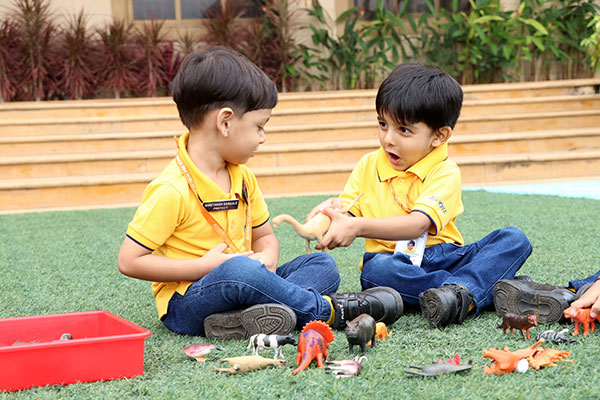
Another popular approach to teaching, is the ability of a teacher to identify a child’s innate learning pattern like visual, auditory, kinaesthetic, etc so that the classroom can help EVERY child learn through a customization of techniques and tasks which makes it personal or DIFFERENTIATED. This has proven time and time again to be the backbone of any progressive learning outcomes that children have in their foundational years.
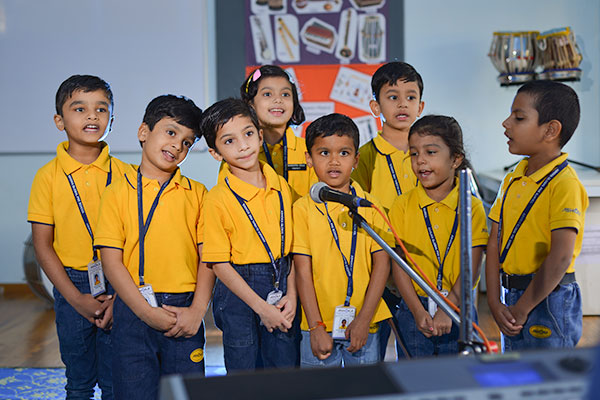
All top educational universities have attributed the importance of incorporating 4c’s in everyday lesson plans for children, the curriculum will feature exposure to:

The Italian Reggio Emilio-inspired approach empowers teachers to focus on child-centric learning that is self-guided and directed and beautifully uses all elements including the physical indoor and outdoor spaces to create meaningful self-learning opportunities that work on all areas of development, especially core 21st-century skills.